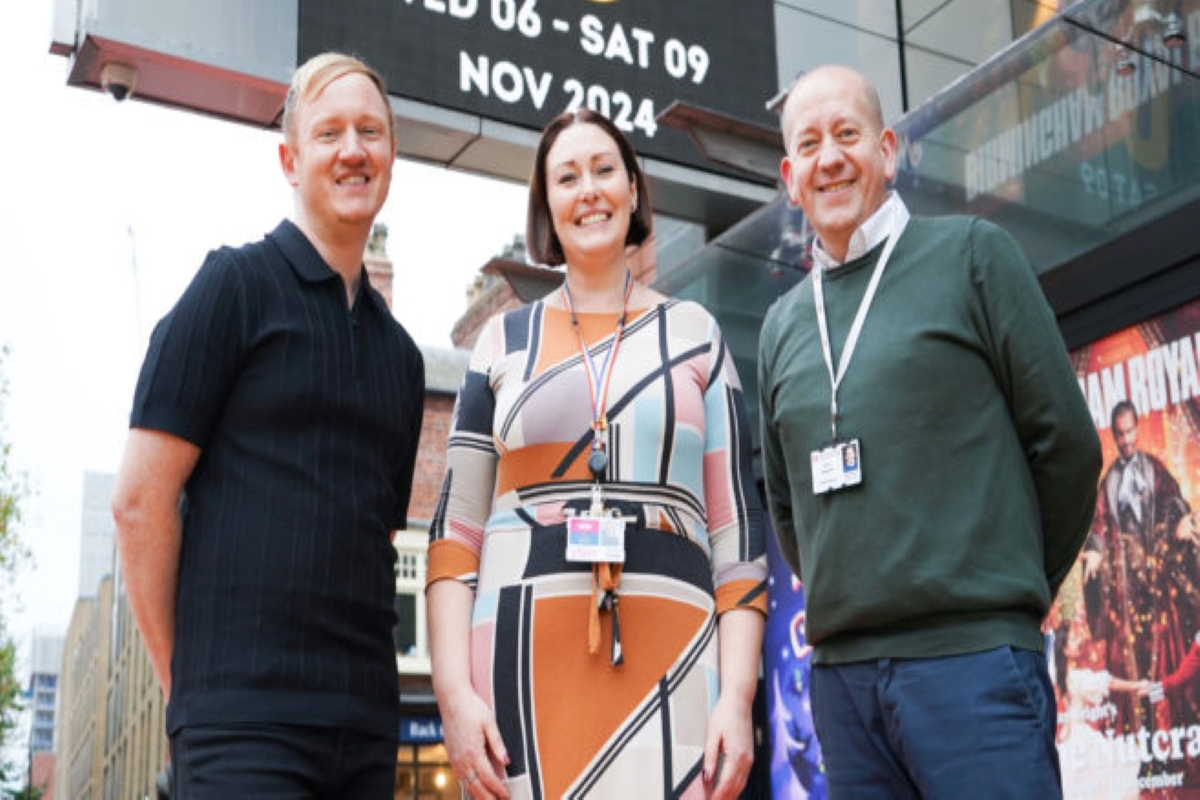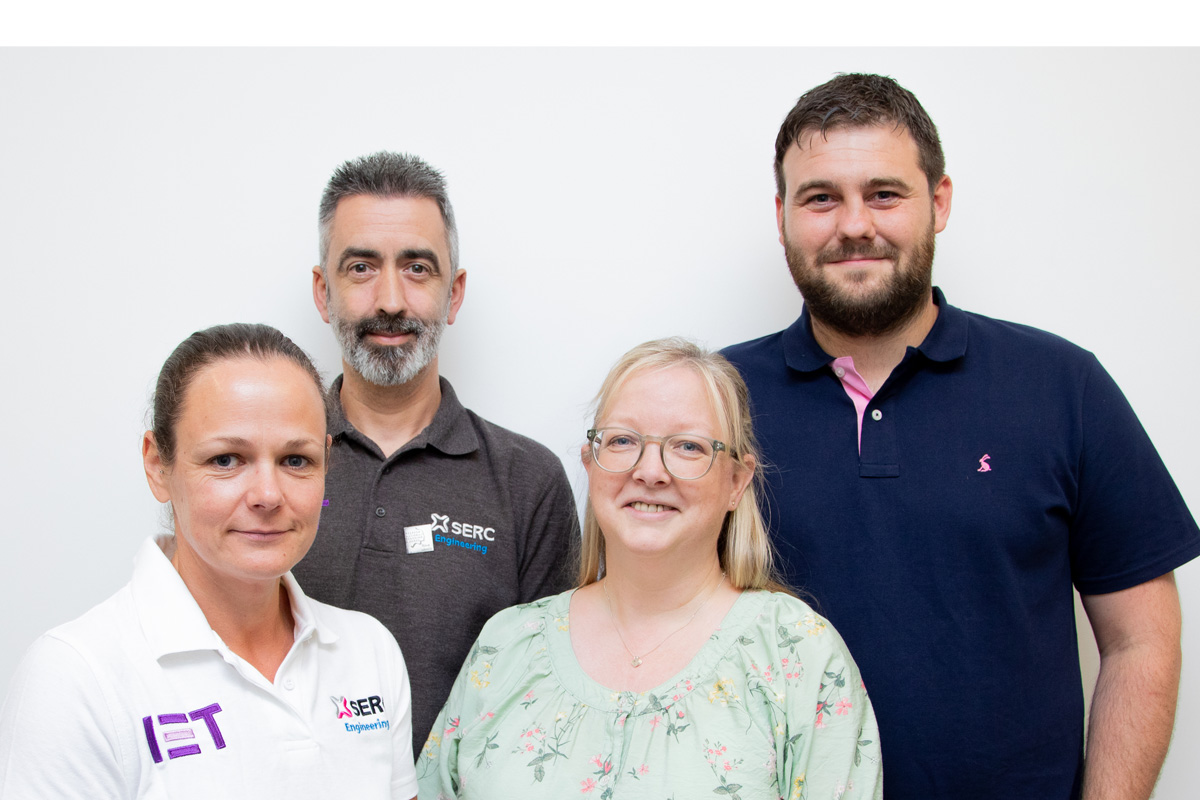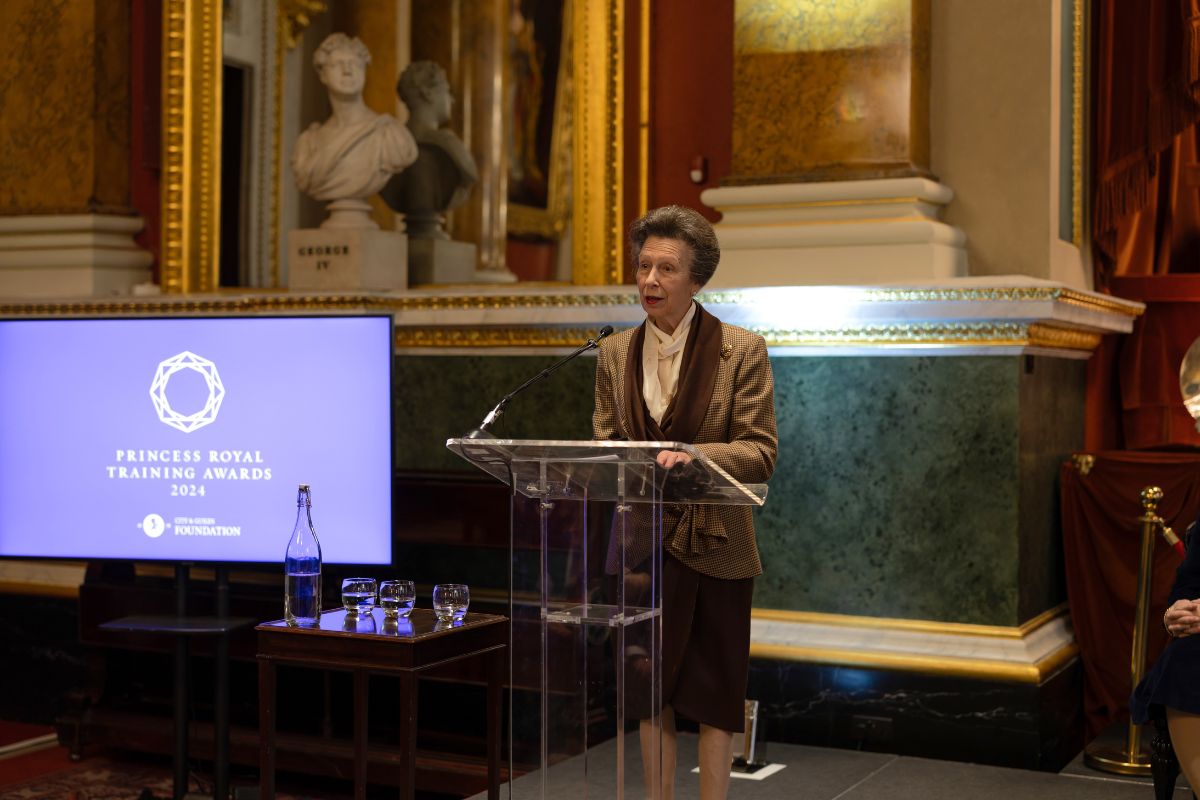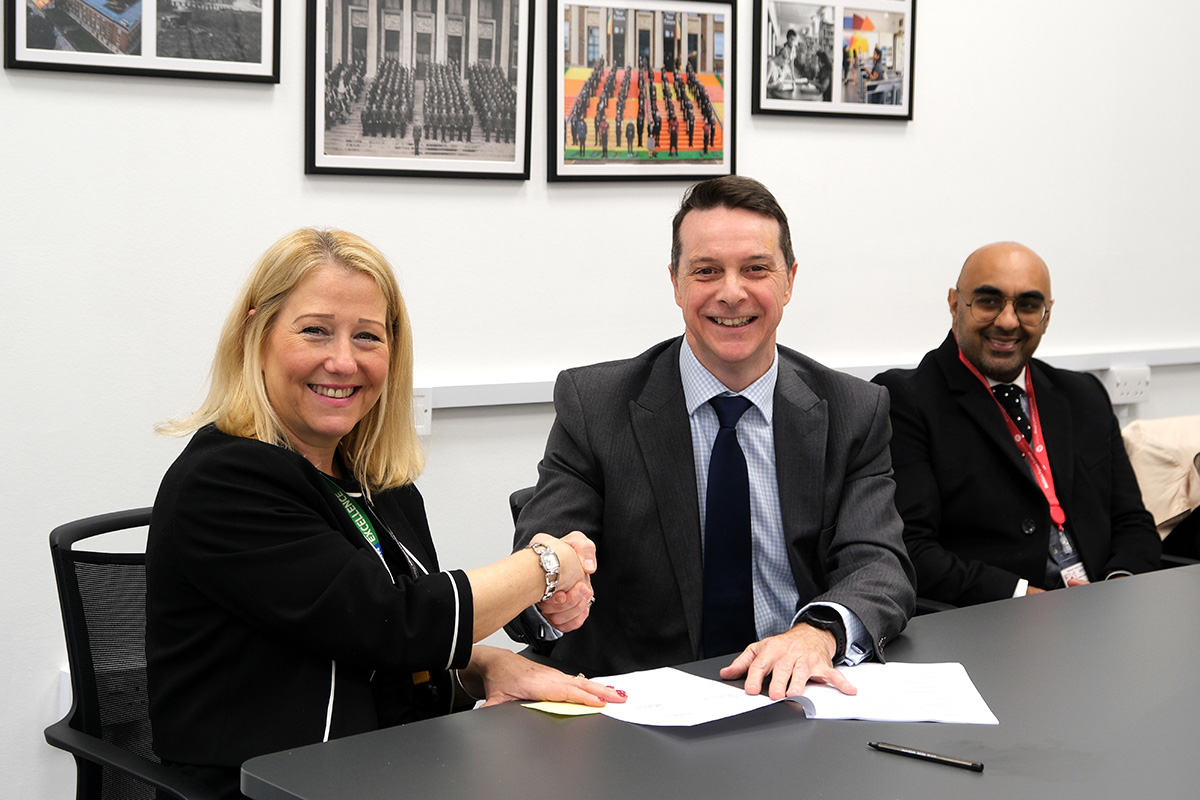Investing in apprenticeship provision still makes sense

Despite rising costs and economic uncertainties, Twin Group recently acquired eTraining, an apprenticeship training provider. CEO Caroline Fox explains why.
As with many institutions in further education, it has not been an easy twelve months for apprenticeship training providers. Inflation’s impact on running costs and salary pressures have forced some providers to leave the apprenticeship market altogether and the government has been prompted into “exceptionally” reviewing the funding bands of 20 high-value apprenticeships.
Starts on the programme are 5.1% lower than a year ago and the impact has been felt most worryingly in the younger age groups and at the lower levels. Concerns about post-pandemic programme completion rates have also been well documented. Therefore it is perfectly reasonable to wonder why a medium-sized employability and skills provider like Twin Group should decide that now is a good time to start offering apprenticeships.
In the latter half of 2022, Twin Group completed the purchase of eTraining, a South East registered apprenticeship training provider. Despite the current economic challenges, the transaction certainly wasn’t a fire sale because eTraining is a respected Ofsted grade 2 provider with a very solid 25-year track-record in delivering apprenticeships and adult skills programmes.
For the owners and management of eTraining who remain in the business, the attractions of becoming part of Twin Group were mainly twofold. Firstly they knew that my fellow directors at Twin and I were willing to make a significant investment, both in terms of finance and resources, to preserve what has been achieved and secondly eTraining was gaining access to the Group’s markets, systems and clients with a view to growing substantially over the long term. In respect of the latter, Twin will support eTraining’s response to changing employer and regional skills needs which are resulting in new and in-work progression opportunities to promote economic growth locally and nationally.
In the case of both parties, the acquisition has to be seen as a long-term commitment rather than as a transaction with a quick return on investment, which was always highly unlikely in present circumstances. It is not just the economic uncertainty which rules out an instant return but also the uncertainty surrounding the reforms of England’s skills system, especially with an election on the horizon.
In our view amidst all this, the apprenticeship market is a beacon of constancy which justifies long-term investment. Twin is acutely aware of the debate around the levy, but even with the Labour party committed to widening its scope, we do not anticipate a new government changing the fundamental principle that demand for apprenticeships should be led by employers, primarily expressed via the digital apprenticeship system. While this principle remains, it will continue to make the programme attractive to investors.
Of course there is an obligation on the government to ensure that the funding rates for each apprenticeship standard make the delivery of good quality training and assessment sustainable and the right quality assurance mechanisms need to be in place. Periodically reviewing the curricula is also important as we are now seeing with functional skills. The rest of the responsibility for ensuring success lies largely with the provider working in close partnership with employers and providing effective support to the apprentices by for example involving them in the development of effective and bespoke curricula and leading and contributing to trailblazer groups.
For eTraining’s apprenticeship delivery, Twin will be channelling more investment in a number of key areas:
Staffing
It’s not just about paying competitive salaries and being open to flexible working. As part of our people strategy, we are introducing staff CPD to eTraining to encourage career progression within the company and the Twin Group. The CPD will support retention, progression and development of new skills.
Quality
eTraining’s main sectors are: care; digital; business and professional services including management at different levels; and teaching/coaching of adults and children including SEND, teaching assistants and early years’ education (EYE). Being accountable for good quality training and measuring impacts and outcomes requires excellence in tracking learners’ progress including their arrival at the end point assessment (EPA), systems to minimise the number of early leavers, and embedding strong careers guidance in all programmes which encourages learning progression. As part of a qualitative approach, Twin’s investment will further embed a culture of continuous improvement across eTraining and the wider Group.
In common with other businesses within the group, we believe that eTraining will benefit from the adoption and further development of innovative means of delivery. An obvious example is the availability of lean end-to-end digital learning as part of a blended learning experience for apprentices and other learners.
Reporting and governance
Investment in an effective reporting suite is essential for any good apprenticeship provider and eTraining uses the OneFile e-portfolio to track progression and record mandatory data for audit such as off-the-job training hours.
Good governance is strengthened when the reporting suite is being used as a real-time tracker. Internal senior management and employers can for example see and act if necessary on apprentices’ progress towards their EPA and learners struggling with their maths and English, applying rapid and responsive support as required.
Anticipating the future landscape and growth opportunities
While not always the case, smaller providers often find themselves dealing with issues day to day whereas a larger one may have more resources to monitor government policy developments that throw up opportunities for growth.
The Chancellor’s recent Budget for example has resulted in discussions between Twin and eTraining as an EYE apprenticeship provider on the government’s decision to expand free childcare hours to children under 3 years old. We’re considering the implications for nursery managers, many of whom are already under financial pressure, and how we can support them and their staff. The goal is more children receiving high quality early years education as an outcome of good staff training.
A good strategic fit
For Twin Group, the acquisition of an established apprenticeship provider could not just be “a nice to have”. eTraining needed to be a good strategic fit within an employability and skills group which is also a major contributor to university progression programmes and work based learning experience, with ambitions to be a centre for excellence not just in the UK but in Europe and beyond, building on our ever-increasing presence in places such as Dublin, Valencia, Lisbon, Seville, Bordeaux, Marseille, Malta and Thailand.
The Budget announcement on further additions to the Shortage Occupation List underlined that Britain’s post-Brexit borders are not closed to migrant workers and not just for high skilled roles. Apprenticeships and functional skills will play a very important role in equipping home grown talent and foreign workers at all levels including tertiary.
We see eTraining complementing Twin and its sister provider 3SC in offering a unique suite in education, HE, skills, employability and rehabilitation services to help get people into work and progress within employment.
Any acquisition involves some element of risk, but providing the current or the next government holds its nerve on not throwing away the benefits of an employer-led system, apprenticeships should remain a safe haven for investors both within the UK and further afield.
By Caroline Fox, CEO of Twin Group











Responses